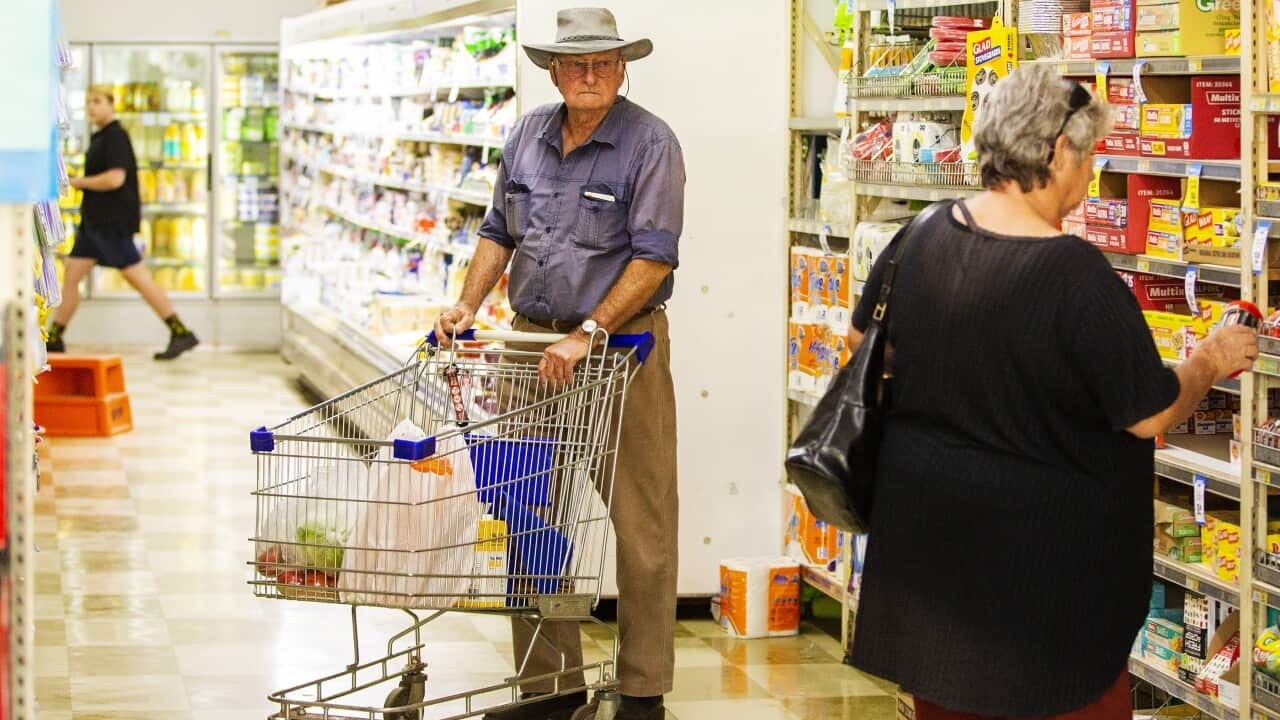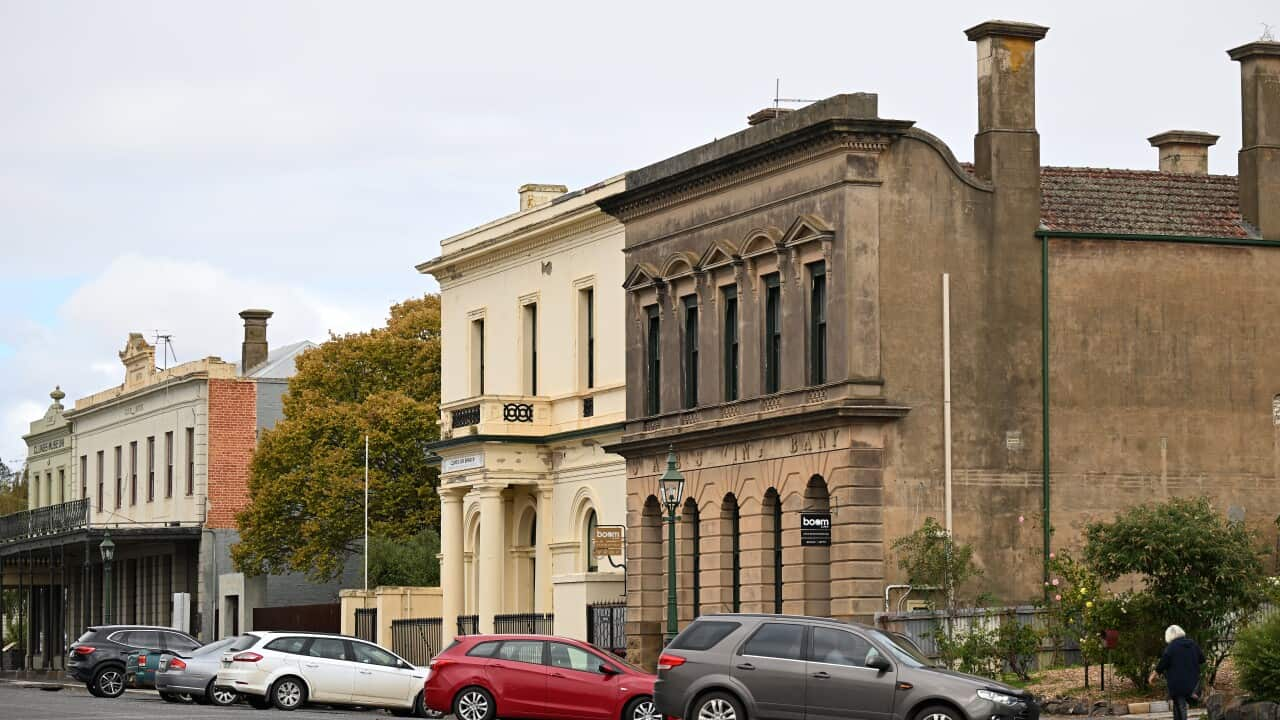Key Points
- New polling shows Labor's primary vote is down to 28 per cent, compared to the Opposition's 38 per cent.
- Cost of living remains the top concern for 53 per cent of households.
- 30 per cent of voters are spending more than they earn, while 38 per cent are spending exactly what they earn.
Federal Labor is falling behind in the polls, with a new survey showing are denting its standing with voters.
The government's primary vote remains at 28 per cent, against a rise for the coalition to 38 per cent, from 36 per cent, the latest Resolve poll of 1,600 voters published in Nine newspapers on Tuesday shows.
Top of mind for households is the cost of living, with 53 per cent saying this was their highest priority, ahead of housing and rental affordability (12 per cent) and crime (7 per cent).
Voters were split on how they felt about personal finances, with 30 per cent saying they were earning less than they were spending, 38 per cent earning the same as they were spending and 27 per cent saying they were earning more than they were spending.
Asked about the federal leaders, 35 per cent of respondents nominated Opposition leader Peter Dutton as their preferred prime minister while 34 per cent said Anthony Albanese.
The government has already offered voters tax cuts and energy bill relief to ease cost of living pressures.
Treasurer Jim Chalmers also flagged on Monday that there would be more help in future federal budgets.
But with still-high inflation eating into household budgets, many Australians are feeling the pain of higher prices for petrol and groceries.
The long-awaited kicked in on 1 July, providing the average taxpayer with a benefit of $1,888 a year, or $36 a week.
Around nine million Australians have already got their tax cut and another two million will get theirs in the next fortnight.
Households are also in line for , which will be paid out in quarterly instalments over the next 12 months.
June quarter inflation statistics, due later this month, will be closely watched by the central bank ahead of its next board meeting on interest rates in August.
Economists have warned lingering price pressures threaten to throw the Reserve Bank of Australia's inflation fight off course, which means rates may need to stay higher for longer and increasing the chances of another hike in the short term.











